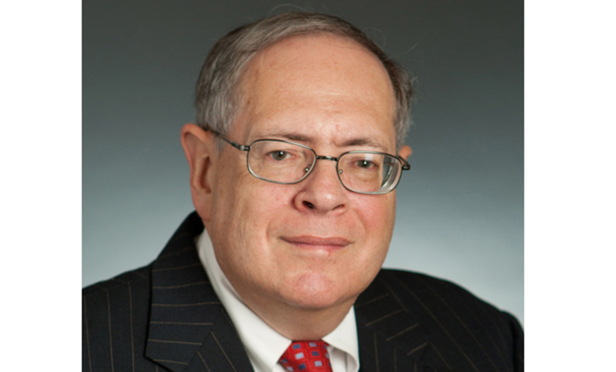One of the challenges to all business lawyers is that the law is not static, but often the documents we prepare are. Take, for example, the subject of minimum and maximum vertical price-fixing. When I began practice in the last century, both activities were per se illegal and not governed by the rule of reason. Thus, we would have to tell our clients that they could not fix prices with other companies up or down the distribution chain. But with the advent of Khan1 and Leegin,2 the advice previously given by lawyers on these subjects has been stood on its head. When franchisor clients ask whether they can require their franchisees not to charge more than X for their goods or services, our advice before was a clear “no.” Now, that advice is: “perhaps.” Similarly, lawyers who represent franchisors whose franchisees sell luxury goods now give their clients the same “perhaps” when the franchisor of a luxury item asks if he can keep its franchisees from excessively discounting the system’s high-quality items.
Unfortunately, thinking they were protecting their clients from vertical price-fixing claims, many attorneys years back decided to have their clients’ agreements unequivocally state that the franchisee was an independent contractor and free to set the prices at which it offered goods and services for sale. But franchisee agreements are usually long-term agreements—five to 20 years. Thus, the franchisors whose documents contained pronouncements that franchisees are free to set their own prices have been locked out of the opportunities to take advantage of Khan’s and Leegin’s dramatic changes in the law on vertical price-fixing—for perhaps as long as two decades from the dates these precedents were announced.



